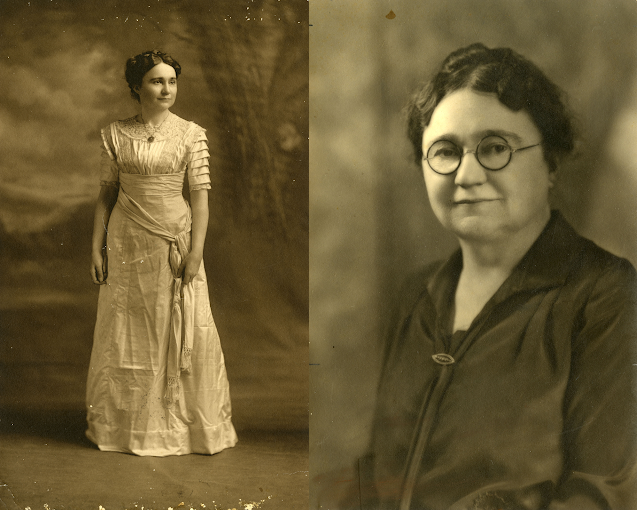Women dressed in black and red spread around the room looking focused and excited as the audience sat in anticipation in Bryan Jr. Auditorium waiting for the show to begin.
“The Vagina Monologues” premiered in New York City in 1996, as its author, Eve Ensler, aimed to capture the experiences of womanhood. Ensler wrote and performed a series of pieces that dealt with different aspects of the feminine experience.
No play at that time had ever attempted to publicly call attention to rape, violence, birth, etc. in a way that promoted empowerment.
At the time, The New York Times said that it was, “probably the most important piece of political theater of the last decade,” and it rings true in many ways to this day.
Since its birth, the “Vagina Monologues” pushed many boundaries. At Guilford, women from all walks of life came together on Feb. 13 to develop a performance that would empower as well as promote discussion, much like Ensler did 20 years ago.
The show began as co-producers junior Nicole Zelniker and senior Teresa Bedzigui walked down the stairs to the stage, smiling as they introduced the monologues.
The lights remained dim as first-year Terry Daniels rose from her seat in the front row and jumped on the table at the front of the stage as she powerfully began the show.
“Refrain from announcing, ‘it’s a boy!’ ‘it’s a girl!’, until puberty has played itself out,” Daniels said. “All you know at this point is, ‘it’s a child!”
The following performances balanced humor, rage, pride and everything in-between.
Topics ranged from loving your vagina, to arranged marriages, to how to be the political voice at a party and to Bedzigui performing her own monologue that she wrote titled “On Black Love as Seen by the African.”
“I was really blown away by the poem that Teresa wrote and performed,” senior Maile Munro said after the show.
“It spoke to a modern intersectional experience that can be so individualized in that the combination of being an immigrant, a woman and black in America can create that unique experience that we don’t get to hear very often.”
Gasps and laughter pushed their way into the quiet auditorium as no one could save their applause until the end.
The cast was made up of Bonner Scholars, resident advisors, club board members, campus tour guides, community leaders and student activists.
Junior and first-time monologues participant Jocelyn Foshay explained that her motivation for performing stemmed from her passion to “lead by example.”
“This is a good way to be an active participant in (pushing boundaries and promoting conversation),” Foshay said.
Each woman performing chose her own monologue. Junior Sara Pearson said during the “Talk-Back” portion of the play that she chose hers because she “thought that it was something that needed to be heard.”
Her monologue spoke of a woman’s experience hearing about a rape in her community and being terrified for her own safety, repeating, “It could have as easily been me.”
Though the “Vagina Monologues “have pushed boundaries and ignited conversation, there is still much to be done.
There are still stories that need to be told through the eyes of trans women, refugees and many others.
Bedzigui said during the “Talk-Back” that “there needs to be a place to speak about more diversity, so the ‘Vagina Monologues’ can be a place for all women.”
The “Vagina Monologues” has long been a tradition in different ways at Guilford, and it continues to inspire, empower and grow with the community.





